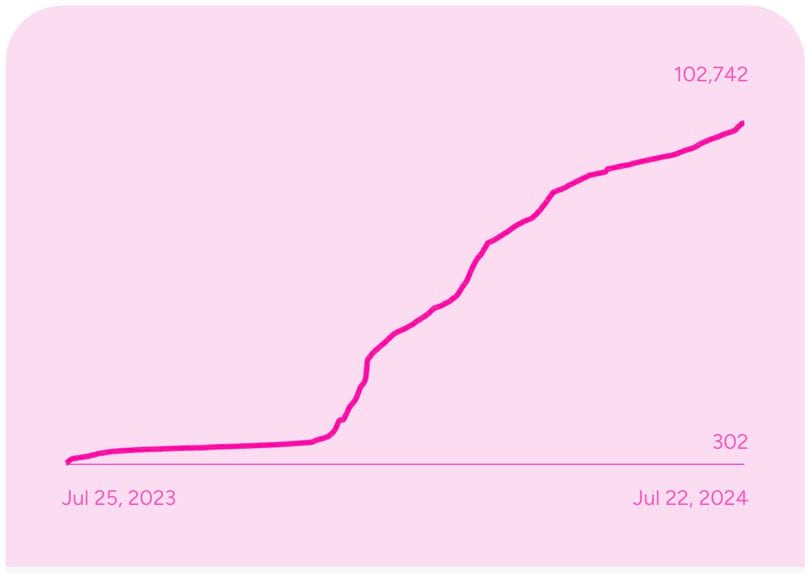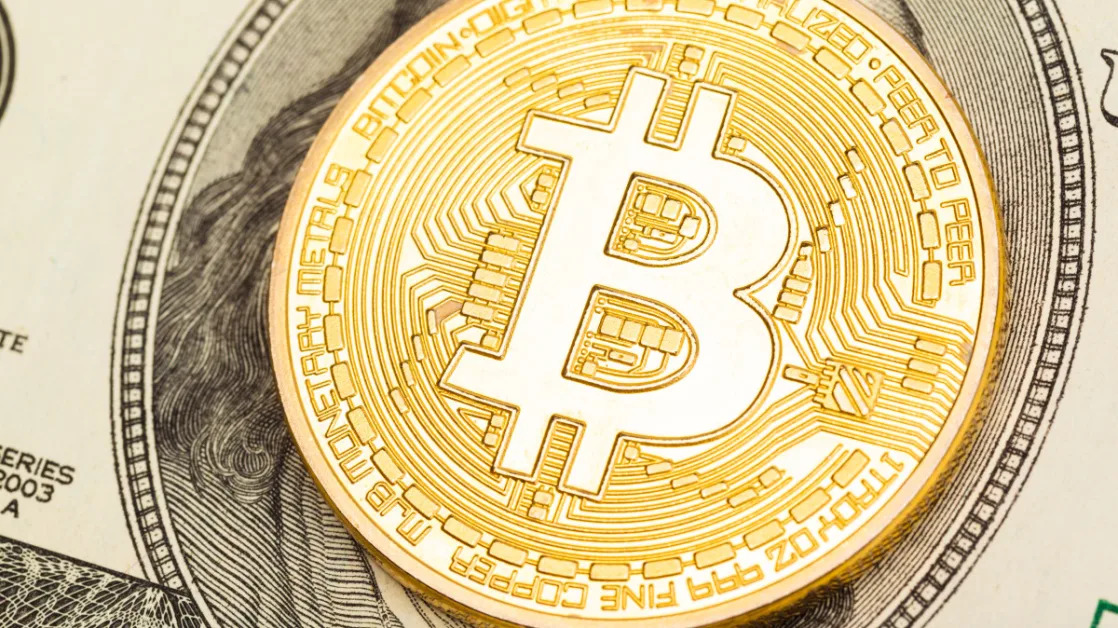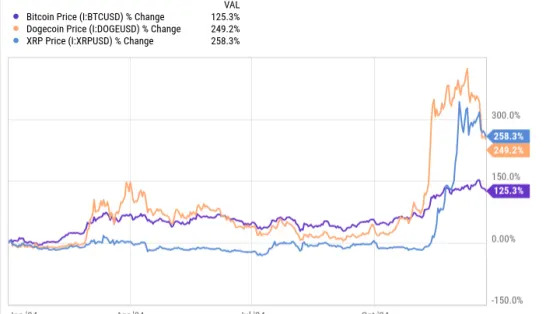-
HNT was beaten only by dogwifhat over the past seven days.
-
Helium Network is a strong example of a real-world use for blockchain technology, according to one observer.
Helium Network's HNT token has chalked out a market-beating rally amid the growing adoption of the wireless phone service Helium Mobile.
HNT's price has surged over 40% to $5 in seven days, placing it at the No. 2 spot on the list of the biggest gainers among the top 100 coins by market value, just behind the meme coin dogwifhat (WIF), according to data source Coingecko . Bitcoin (BTC) , the biggest cryptocurrency by market cap, rose 7%, as did the CoinDesk 20 (CD20) Index , a broad-market gauge.
Helium Network is a decentralized blockchain network for the internet of things (IoT), enabling devices to communicate and share data through small devices called hotspots. These hotspots serve as wireless gateways, incentivizing owners with HNT tokens for providing network coverage and verifying connectivity.
Helium Mobile uses the Helium network by connecting to hotspots, allowing data sharing, communication and tracking without relying on traditional centralized cellular networks or Wi-Fi networks.
The number of Helium Mobile subscribers, or entities using mobile devices or sensors that communicate over the Helium Network, exceeded 100,000 early this month. The tally has increased over 300-fold in one year, according to Helium Mobile data .
The phone service published its roadmap progress report on July 12, revealing a pilot program with major U.S. telcos to transfer data to the Helium Network.
The report also announced a licensing program to increase compatibility with third-party hardware manufacturers and OpenRoaming compatibility to broaden data transfer options for hotspot owners. This will enable connectivity for Helium users and subscribers of any service provider that supports OpenRoaming.
According to Delphi Ventures founder Tom Shaughnessy Jr, Helium is a strong example of blockchain technology solving real-world issues.
"Their 5G offers better consumer pricing to retail since reselling home internet offers a cheaper per mobile price vs a mobile plan directly with a carrier," Shaughnessy wrote on X. "A home internet service costs $50-$100/month once and you can resell that to many users for less each ($20/mo helium plans), vs each person paying $50-$100 for their own mobile plan. 100,000 subscribers and counting is incredible,"

12:12 UTC: Corrects title to "Helium Mobile's Subscriber Count" from Helium's Mobile Subscriber Count. The two are separate entities as discussed in the article.





